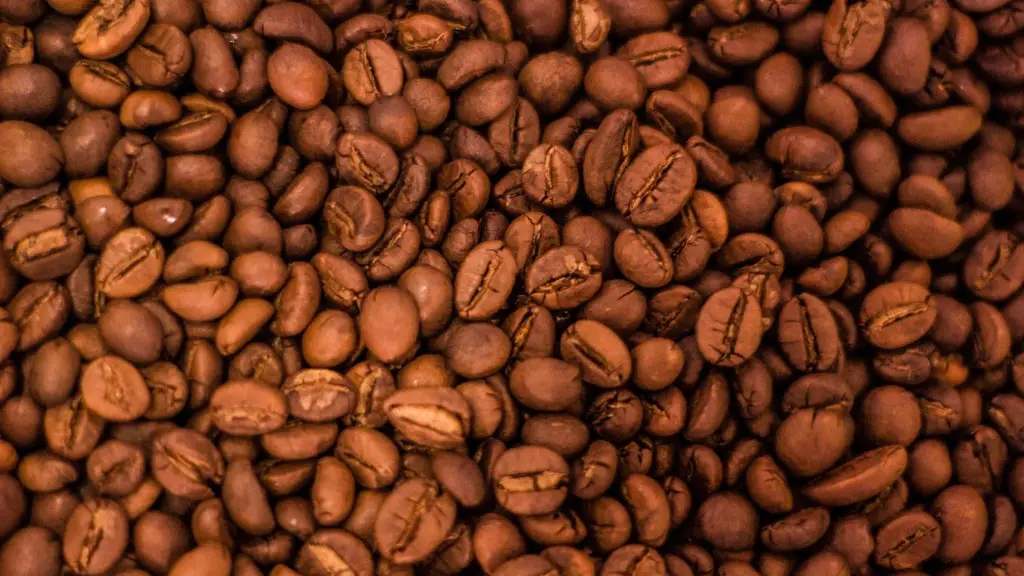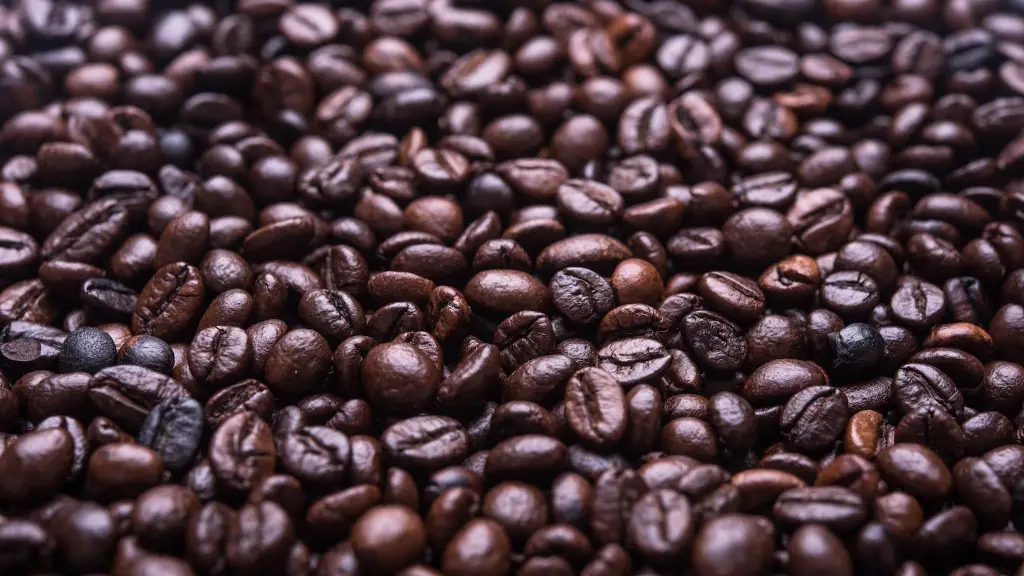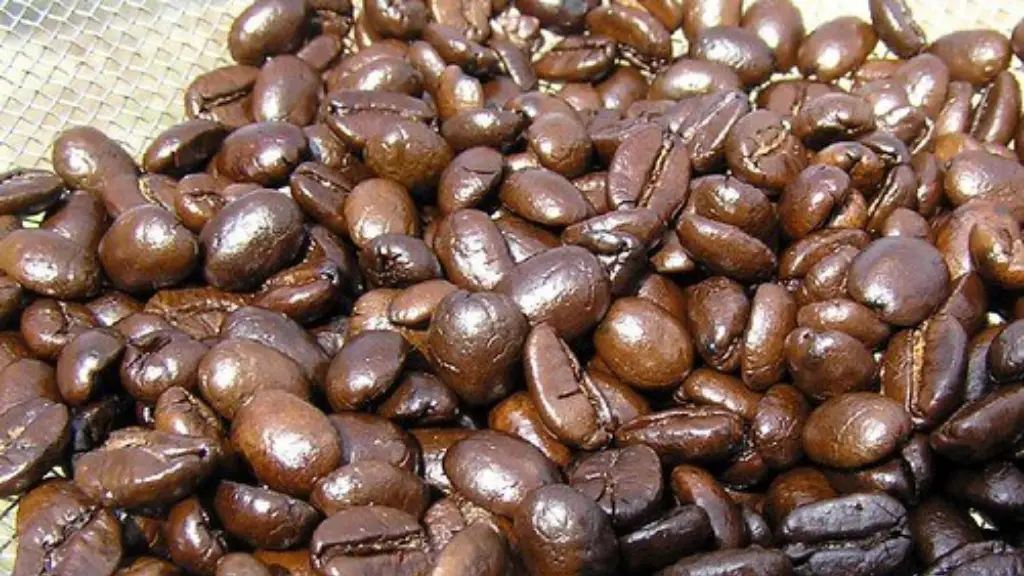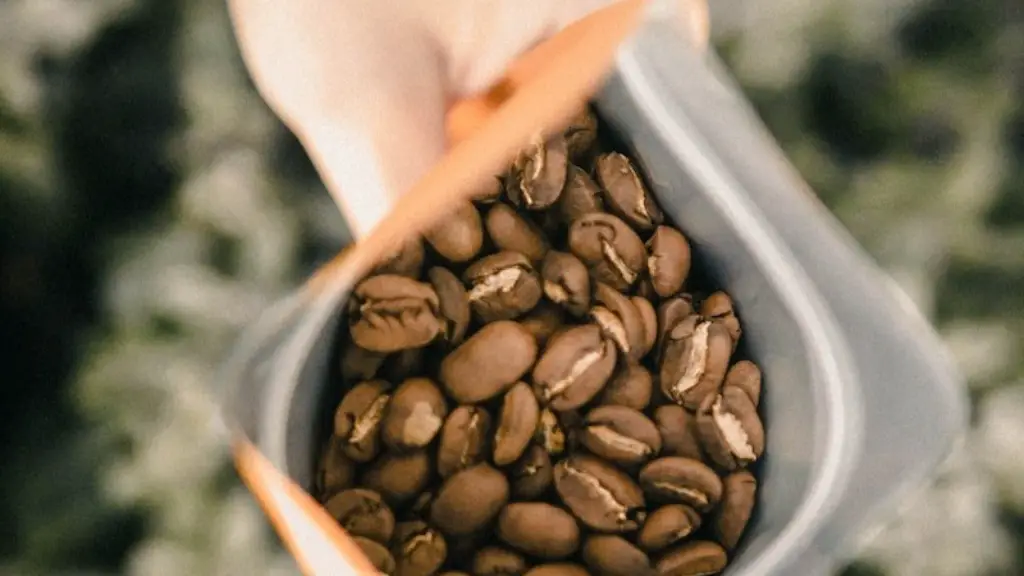What is Fasting for Ultrasound?
Fasting for an ultrasound is when a person refrains from eating or drinking certain substances, such as coffee, before the procedure. It is typically recommended by healthcare professionals to ensure that the ultrasound images produced are of the best quality possible. Generally, a person should fast for 6-8 hours before the procedure. However, the exact duration and what can or cannot be consumed may vary depending on the purpose of the ultrasound test.
Why Do We Fast Before an Ultrasound?
It is important to fast before an ultrasound in order to achieve the best images possible. With food and drink still in the stomach, the surrounding organs will move more which can lead to poor picture quality. Additionally, food and drink consumption can affect the accuracy of certain types of ultrasounds, such as those of the gallbladder, because it may cause changes to the density of the liquid tissue.
Can You Drink Coffee While Fasting for Ultrasound?
Most healthcare professionals recommend avoiding all food and drink, with the exception of water, when fasting for an ultrasound. This includes coffee and tea, as these contain caffeine which may interfere with the accuracy of the results. In some cases, doctors may advise drinking a certain amount of water if the patient is feeling particularly thirsty.
Risk of Consuming Coffee or Caffeinated Beverages Prior to an Ultrasound
Consuming coffee or caffeinated beverages prior to an ultrasound can cause an increase in the density of stomach fluid. As previously mentioned, this can negatively affect the quality of the ultrasound images and lead to inaccurate results. Furthermore, drinking coffee or other caffeinated drinks prior to an ultrasound may cause abdominal discomfort, especially if the patient is already feeling nauseous, which can be unpleasant and make it difficult to remain still during the procedure.
How to Avoid Caffeinated Beverages
When fasting for an ultrasound, it is best to avoid any caffeinated beverages, even if they are decaffeinated. Sugary drinks and juice should also be avoided, as they can increase stomach fluid density. The best choice is to just drink water, as it is the simplest solution and will not interfere with the accuracy of the results.
Alternate Methods for Staying Hydrated During Fasting
In order to stay hydrated during a long period of fasting, it may be helpful to drink small amounts of water throughout the day leading up to the ultrasound. Additionally, eating a form of plain protein or consuming electrolyte-rich liquids like sports drinks can help replace lost fluids.
Effects of Caffeine on Overall Health
Caffeine can have a variety of effects on overall health. It is a stimulant and can act as an appetite suppressant, which can be beneficial for people looking to manage their weight. However, it can also be addictive, causing withdrawal symptoms when not consumed. Furthermore, excessive caffeine consumption can lead to restlessness and insomnia, as well as adverse cardiovascular effects.
How to Minimize the Intake of Caffeine Prior to Ultrasound Tests
If a person is looking to minimize their intake of caffeine prior to an ultrasound test, it may be helpful to limit their caffeine consumption a few weeks ahead of time. This can help to reset the body and reduce the risk of withdrawal symptoms arising as well as help to reduce the tolerance which a person may have developed. Additionally, it is important to remember to stay hydrated during the fasting period in order to avoid any discomfort or other unpleasant side effects.
Long-Term Health Benefits of Reducing Caffeine Intake
Reducing the intake of caffeine can have a variety of health benefits. Caffeine is a diuretic and can cause dehydration, which can lead to a variety of health complications. Additionally, reducing caffeine intake may reduce anxiety and stress, improve sleep quality, and help with digestion.
Alternatives to Coffee for Caffeine Intake
If a person is looking for an alternative to coffee for their caffeine intake, there are a variety of options. Green tea is a great option, as it is lower in caffeine than coffee and is packed with antioxidants. Additionally, some herbal teas, such as peppermint, can provide a caffeine boost without the added jitters or crash. Additionally, consuming dark chocolate or the popular energy drink Red Bull is a great alternative to coffee for those who are looking for a quick energy boost.
How to Fulfill Caffeine Cravings Without Compromising Health
If a person is looking to fulfill their caffeine cravings without compromising their health, there are a few different ways to do so. Drinking decaf coffee is a great option, as it is lower in caffeine than regular coffee while still providing the familiar flavor. Additionally, drinking caffeinated water or consuming energy-boosting superfoods, like almonds, are both great ways to fulfill a caffeine craving without actually consuming caffeine.
What Alternatives Are There for Staying Alert and Focused?
There are a variety of alternatives for staying alert and focused without consuming caffeine. Eating a balanced diet, exercising, and getting enough sleep are essential for staying alert and focused. Additionally, consuming certain foods, such as eggs, oatmeal, and nuts are a great option for maintaining energy levels. Herbal teas, such as green tea and ginseng tea can also help to boost energy levels and improve focus.



